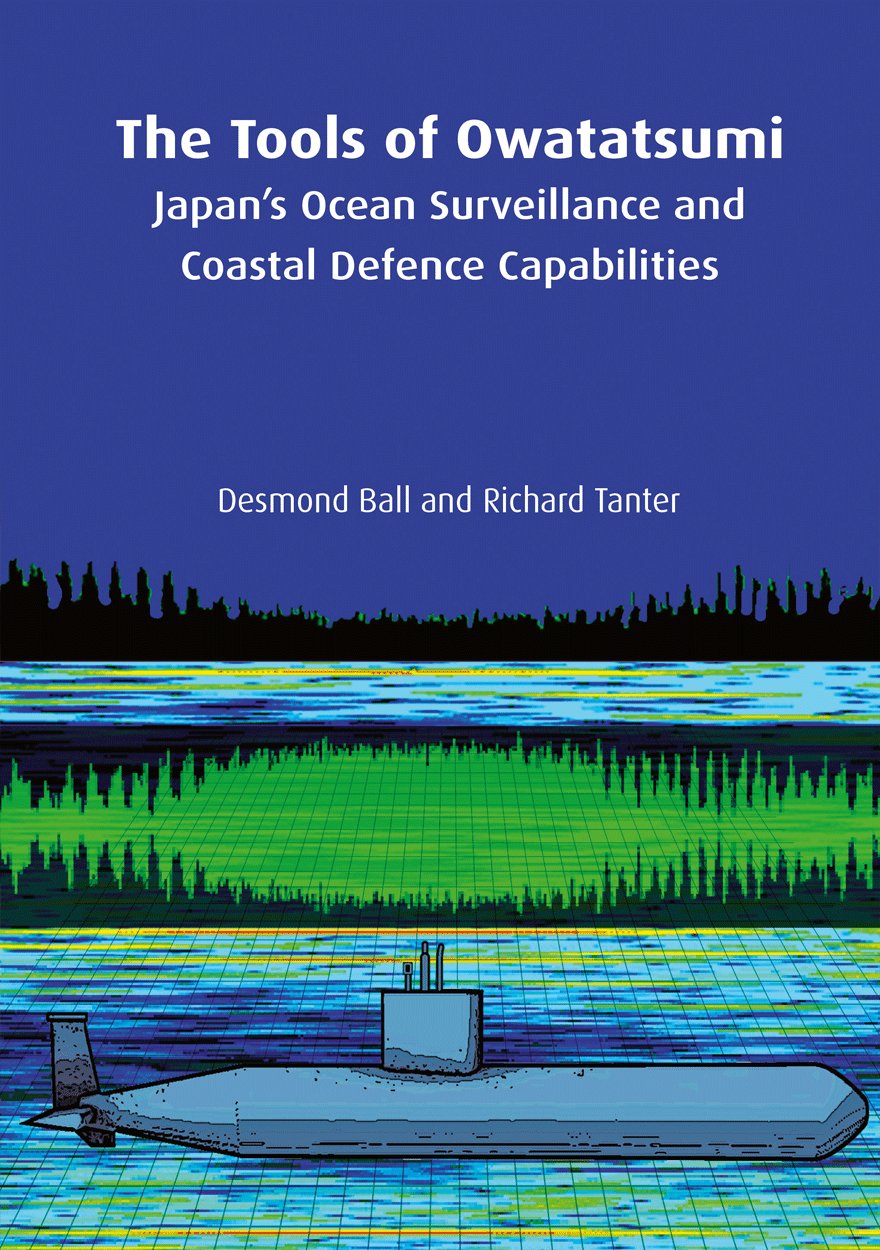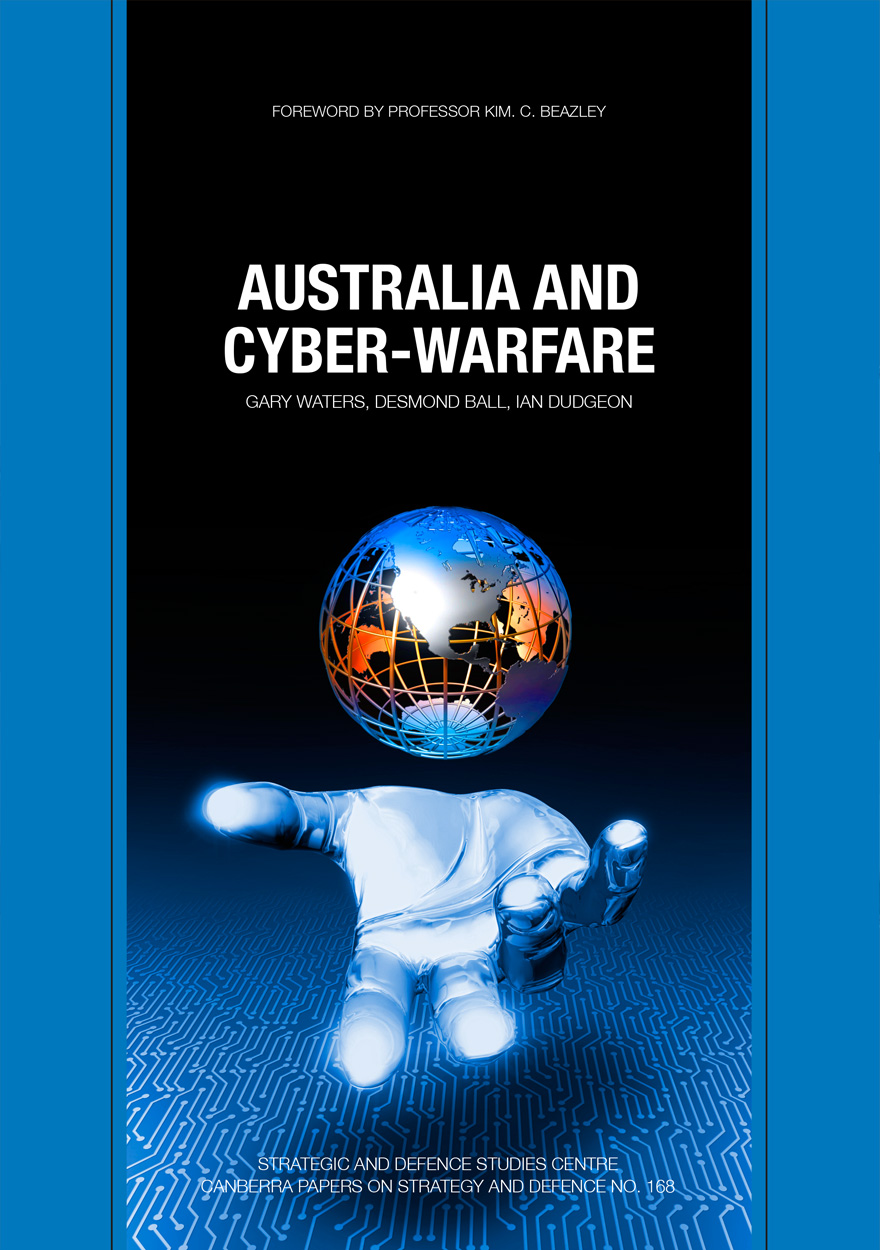Desmond Ball
Professor Desmond Ball was a Professor in the Strategic and Defence Studies Centre at The Australian National University, Canberra. (He was also Head of the Centre from 1984 to 1991.)
Professor Ball authored and edited more than 40 books or monographs on technical intelligence subjects, nuclear strategy, Australian defence and security in the Asia-Pacific region.
His most recent publication was A National Asset: 50 years of the Strategic and Defence Studies Centre (with Andrew Carr). Other publications include Militia Redux: Or Sor and the Revival of Paramilitarism in Thailand; Burma’s Military Secrets: Signals Intelligence (SIGINT) from the Second World War to Civil War and Cyber Warfare; Signals Intelligence in the Post-Cold War Era: Developments in the Asia-Pacific Region; Presumptive Engagement: Australia’s Asia-Pacific Security Policy in the 1990s (with Pauline Kerr); Breaking the Codes: Australia’s KGB Network, 1944–50 (with David Horner); Death in Balibo, Lies in Canberra (with Hamish McDonald); and The Boys in Black: The Thahan Phran (Rangers), Thailand’s Para-military Border Guards. He has also written articles on issues such as strategic culture in the Asia-Pacific region and defence acquisition programs in the region.
Professor Ball was elected a Fellow of the Academy of Social Sciences of Australia (FASSA) in 1986. He served on the Council of the International Institute for Strategic Studies (IISS) in 1994–2000, and was co-chair of the Steering Committee of the Council for Security Cooperation in the Asia-Pacific (CSCAP) in 2000–2002.

A National Asset »
50 Years of the Strategic and Defence Studies Centre

Geography, Power, Strategy and Defence Policy »
Essays in Honour of Paul Dibb

The Tools of Owatatsumi »
Japan’s Ocean Surveillance and Coastal Defence Capabilities

Power and International Relations »
Essays in Honour of Coral Bell

Breaking Japanese Diplomatic Codes »
David Sissons and D Special Section during the Second World War

Indigenous Biography and Autobiography »




